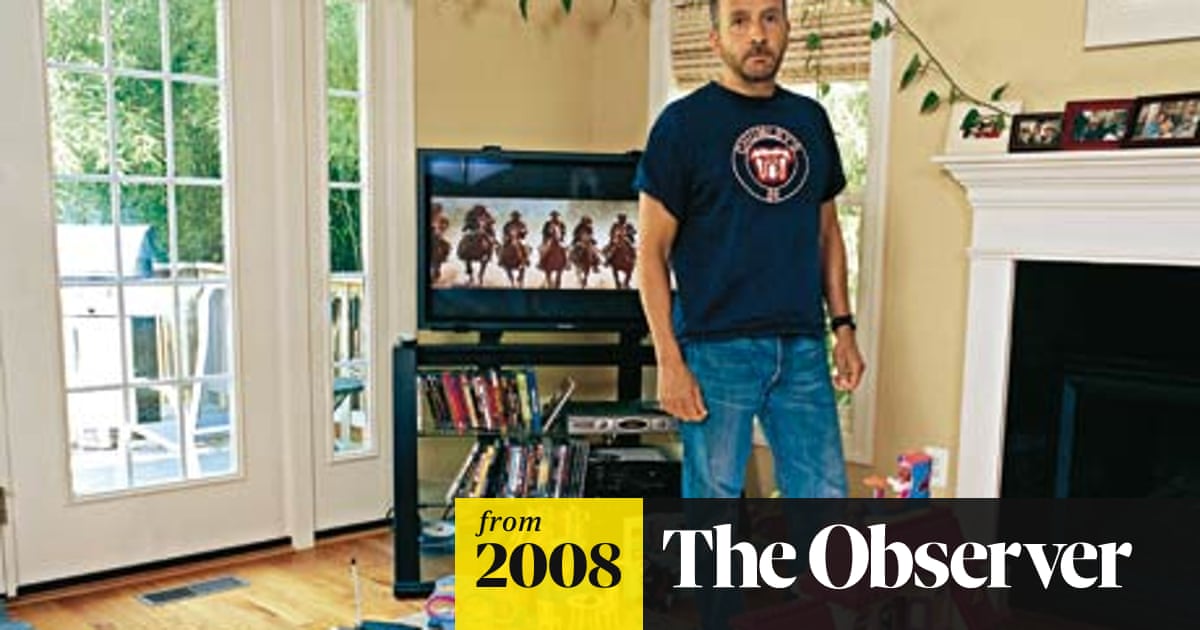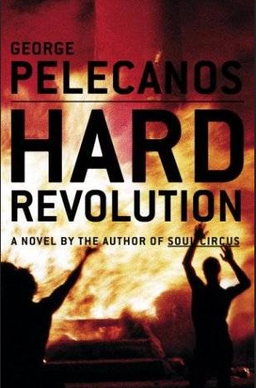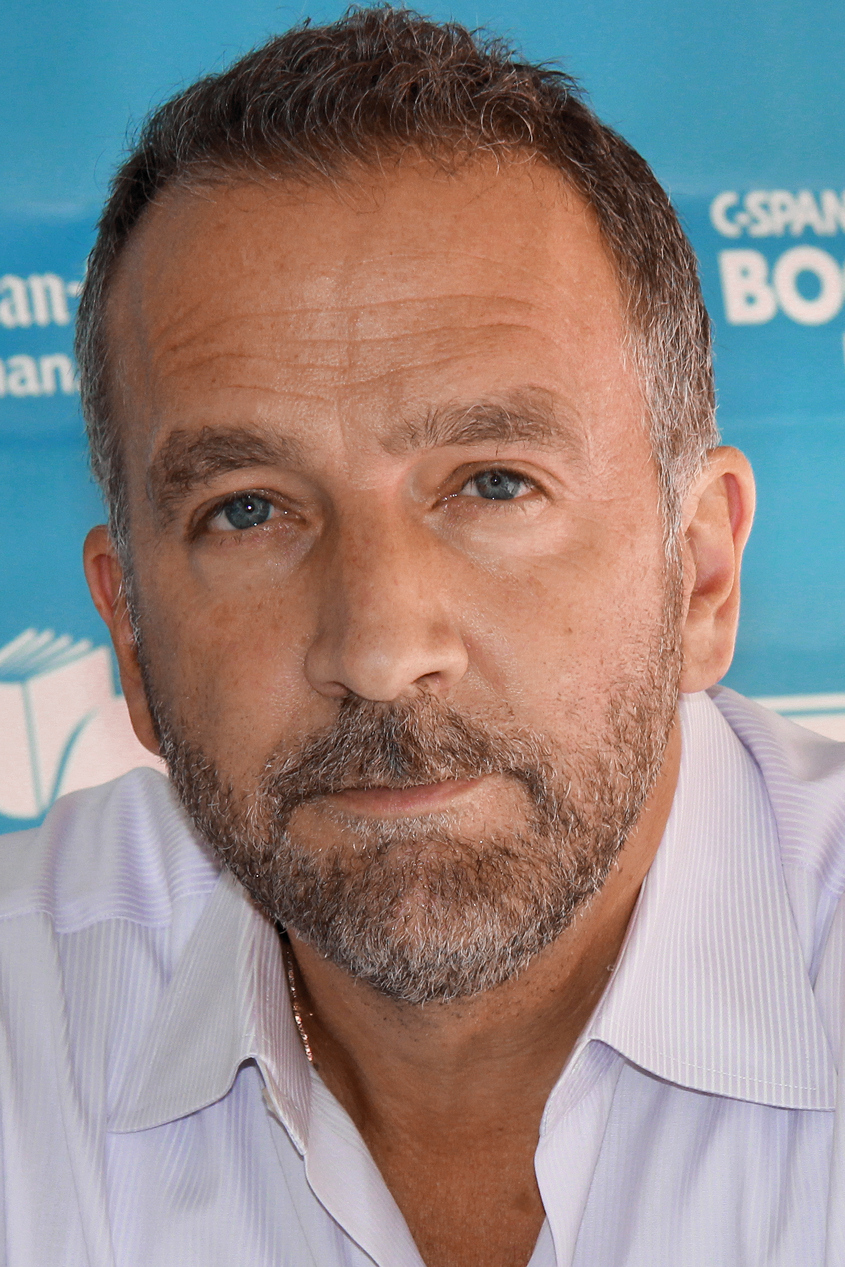My problem with this analysis is that in this case most male humans of the last 10000 years or so were sociopaths or psychopaths. War, killing soldiers, killing women and children of the lands that were conquered was standard procedure for humankind for at least that time. Still, those men went home to their families and loved them. If we look back into human history we see a history full of killers, who on the other hand went back to their families and turned farmers, etc, again.
I think the idea that killing humans is wrong and is only done by psychopaths or so is a new idea, a few hundred years old. The reason likely is that humans cannot kill each other as easily and without consequences as before because now there are weapons that can eradicate all of humankind. It started when wars and killings changed from the direct man to man fights with swords and even bows where skill was necessary to survive and win. A warrior could be proud of himself, and was taught to be and accepted as hero at his home after killing, when the years of training and his courage proved true. But anybody can fire a gun and kill. So once the efficient and effortless guns and bombs started to become the main weapons and killing became faceless and being killed a matter of bad luck the idea that all killing was wrong started to develop. Nowadays in our culture we are taught that from early childhood, just as intense as in earlier times future warriors, conquerors and defenders of their land and whatever crown there was, were taught from early childhood how good and right it was to kill the enemy (which included children and babies that might grow up to take revenge). So while we might say that there is something wrong with killers in our culture because the culture didn't work in them, in other times pacifists were considered the ones the culture didn't work in and thus something had to be wrong in them.
I think the idea that killing humans is wrong and is only done by psychopaths or so is a new idea, a few hundred years old. The reason likely is that humans cannot kill each other as easily and without consequences as before because now there are weapons that can eradicate all of humankind. It started when wars and killings changed from the direct man to man fights with swords and even bows where skill was necessary to survive and win. A warrior could be proud of himself, and was taught to be and accepted as hero at his home after killing, when the years of training and his courage proved true. But anybody can fire a gun and kill. So once the efficient and effortless guns and bombs started to become the main weapons and killing became faceless and being killed a matter of bad luck the idea that all killing was wrong started to develop. Nowadays in our culture we are taught that from early childhood, just as intense as in earlier times future warriors, conquerors and defenders of their land and whatever crown there was, were taught from early childhood how good and right it was to kill the enemy (which included children and babies that might grow up to take revenge). So while we might say that there is something wrong with killers in our culture because the culture didn't work in them, in other times pacifists were considered the ones the culture didn't work in and thus something had to be wrong in them.
Anyway, I don't think it was until the 19th century that Western societies started to embrace the idea that killing is an absolute wrong (except in warfare), even for the state itself...in many countries the death penalty was abolished in the late 19th century or in the beginning of the 20th century. What I want to say is that since the 20th century the stance of the law/the civil society towards killing has probably become more condemnatory than it was in older times: leaders of state cannot kill off their rivals, and regardless of the circumstances, a civilian who kills another civilian is considered a murderer.
Now, I think that is how Oliver would be regarded by Real Life standards, i.e. as a murderer. If we consider that Oliver is not a soldier but a civilian, and that present-day Star city is not a war zone, he is a murderer according to the law. The world of "Arrow" may be a fantasy, but when it comes to legal matters things are still supposed to function the same way as they do in modern-day America. That is also the reason why Quentin was so adamant about hunting down the Hood in season one. In a sense it is a pity that this dimension has been lost, and that Oliver just can kill people without any repercussions nowadays…..because now he is supposedly no longer the murderous Hood, but the heroic Green Arrow. In the early seasons there was an interesting clash between Quentin's (as a representative of the law/society) sense of justice, and Oliver's vigilante sense of justice, which has more or less been ignored in later seasons.
You focused pretty much on wars and warfare, and I would say that war is a very special situation, where soldiers can (or have to) adopt a stance that goes against everything they've learned as civilians (at least in modern-day Western societies). As soldiers they are SUPPOSED to kill (e.g. the soldiers in WWII) in order to win the war, and even if their role is more to protect (e.g. American soldiers in Afghanistan or Iraq), "collateral damage" is expected and accepted. The way I see it warfare is a form of morally and societally sanctioned killing that makes it possible for soldiers to not view themselves as killers or murderers. I think that's also why they can return home and resume their life with their families. I do believe that nobody returns undamaged from a war, but that's another matter. However, once the soldiers return to civilian life, they have to follow the moral code of the civil society....which means that if they continue to kill, they will be considered murderers.
I’ve already rambled enough, to I’ll try to sum up my thoughts. I believe that in every society, ever since the first humans, there has been a strong social taboo against killing. Remember that the “Thou shalt not kill” goes all the way back to the Old Testament. So, the act of killing has always been confined to specific, religiously or societally sanctioned contexts. For example, a tribesmember couldn’t kill his neighbor (even though he might have had serious reasons to do so), but if he killed someone from another tribe during a regular war between tribes, he was a hero. I think killing is such a threat to our survival as a civilian society that it’s only acceptable under certain very special circumstances. One might say that in today’s (Western) society there is a stronger prohibition or taboo against all kinds of killing than in older days, but that doesn’t mean that people back then didn’t discriminate between killings that were morally acceptable (and hence absolved the perpetrator from being brought to justice or from feeling guilt) and killings that were not. Now, to return to Frank Castle and Oliver Queen, I think they behave or function as if they were still soldiers at war, even though they’re civilians. That is quite apparent in the case of Frank Castle, who is portrayed as a war veteran. So, even if vigilantes like Frank or Oliver kill people, they don’t view themselves as murderers or psychopaths (which might be how they’re viewed by the rest of society).
Since we’ve been talking about books in this thread, there are two novels by crime writer George Pelecanos which actually features a veteran from the war in Iraq (Spero Lucas) who becomes a detective when he returns home. In these novels he’s presented as an antihero who does kill criminals, but the interesting aspect is that when he takes them down, in his mind it’s as if he’s still in Iraq, fighting enemy soldiers. It’s pretty scary and very well-written. I don't know what kind of literature you prefer, but if you like hardboiled crime fiction with a social message, Pelecanos is one of the best. You'll also learn a lot about working class Washington DC and recent US history (e.g. "Hard Rain", which is about the 1968 riots in Washington DC, after the MLK assassination):






 ). But since his father's death he improved quickly regarding empathy, maybe also because he had to discern other people's feelings more consciously to survive (Yao Fei refusing to show that he understood English should have resulted in Oliver trying harder to discern the emotions of the man his very life depended on). He also started to identify more with others, Yao Fei first - that is why he so desperately tried to save him, and later especially with those in need of his help like Akkio and Taiana. Many of his actions came from a desire to help others, even criminals and killers like The Huntress.
). But since his father's death he improved quickly regarding empathy, maybe also because he had to discern other people's feelings more consciously to survive (Yao Fei refusing to show that he understood English should have resulted in Oliver trying harder to discern the emotions of the man his very life depended on). He also started to identify more with others, Yao Fei first - that is why he so desperately tried to save him, and later especially with those in need of his help like Akkio and Taiana. Many of his actions came from a desire to help others, even criminals and killers like The Huntress.



Comment